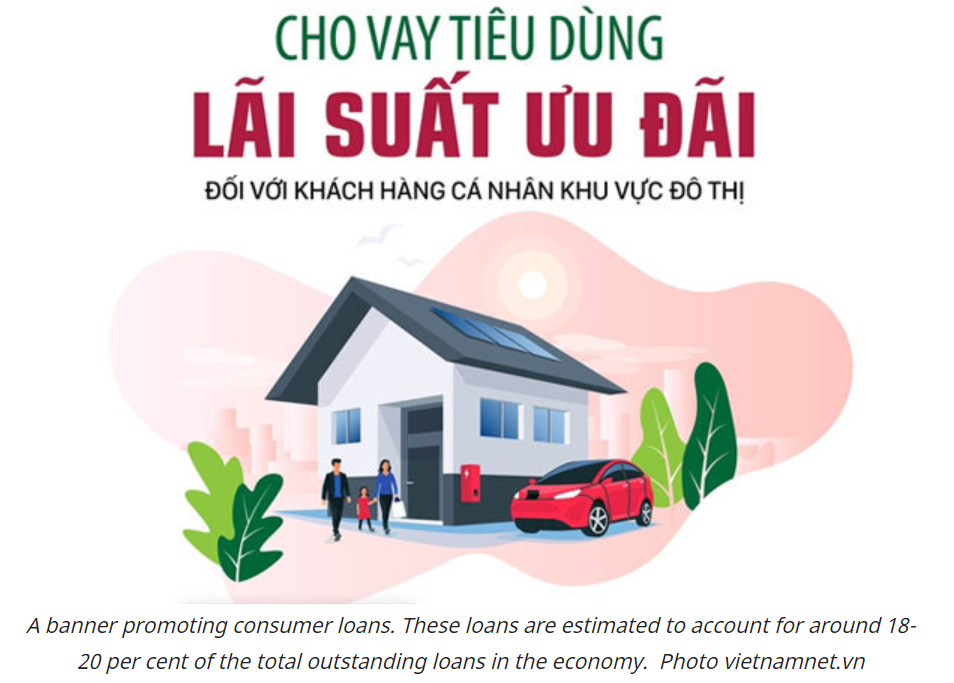Vietnam: Authority warns about consumer lending amid pandemic
The Ministry of Industry and Trade’s Department of Competition and Consumer Protection has recently warned consumers about signing consumer loan contracts.
Concerned about a surge in consumer credit due to the COVID-19 pandemic, the department said consumers should be aware of current regulations on consumer lending to protect their interests and avoid undesirable consequences.
According to the department, consumer lending in Vietnam is showing signs of becoming a new trend and strongly developing to meet the needs of people due to long-term difficulties caused by the pandemic.
Consumer credit is often used to describe an unsecured or collateralised loan to support financial resources to meet consumers’ needs such as housing, transportation, living facilities, study, travel and healthcare before they can afford it.
The credit helps to improve the financial access of the majority of people besides stimulating consumption demand and supporting economic growth.
According to economist Vu Dinh Anh, in the context of declining incomes due to the pandemic, consumer lending is an important factor to stimulate the increase in domestic aggregate demand through a rise in goods retail and consumption. There will be a large number of people who need this type of consumer finance to enable them to meet necessary needs and stabilise their lives.
According to the department, compared with usury from unreliable sources, consumer loans from credit institutions will be a better and safer choice for consumers. However, it noted when having access to the credit, consumers need a written consumer loan contract, the form and minimum contents of which are specified in the State Bank of Vietnam’s Circular 43/2016/TT-NHNN dated December 30, 2016.
When receiving a draft contract provided by a credit institution, consumers need to carefully read and study the entire contract before deciding to sign, especially provisions that may affect their rights such as loan term, interest rate and its determination time, interest calculation method, cases of applying penalty interest, and other additional fees.
The department advised consumers to pay attention to provisions on debt payment extension and interest and fee calculation in this case, as well as fines for breach of contract.
Banking expert Can Van Luc said Vietnam’s consumer credit market had significant potential for development. Consumer loans are estimated to account for around 18-20 per cent of the total outstanding loans in the economy.
In the country, 16 finance companies are licensed to provide consumer lending with their total charter capital worth more than VND22 trillion (US$948 million) as of the end of 2020.
Source: Vietnam News


 English
English




